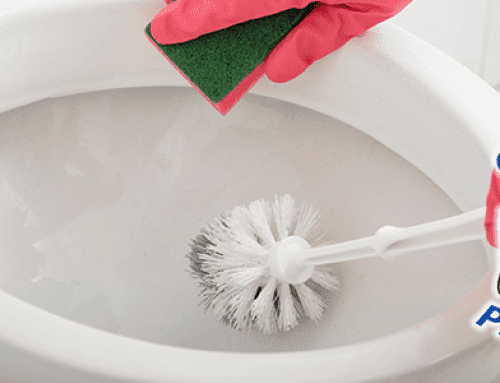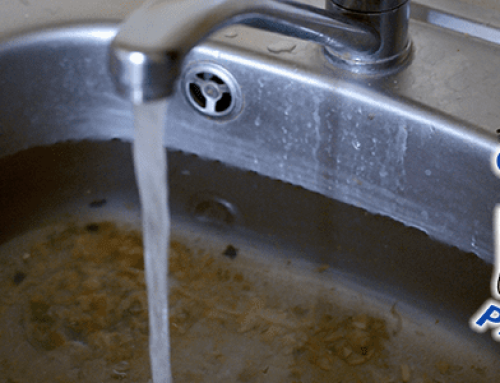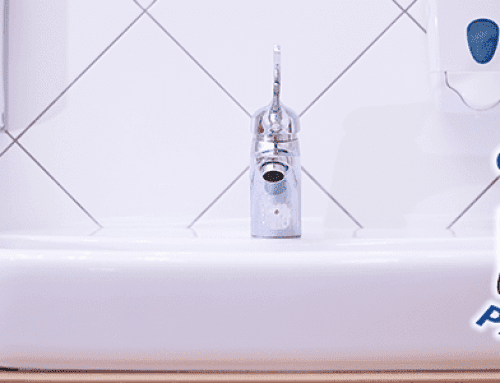Busted wall pipes can be a major inconvenience. Depending on where the pipe is broken, if you cause days to weeks of headache and aggravation. But, what causes a busted wall pipe and how do you keep it from happening? Today, we will be looking at these two questions and providing some answers.
Imagine this: you have traveled from Tennessee to your condo in Venice, Florida. Except, when you arrive you notice water has saturated the carpet. Suddenly, your vacation plans are now scheduled around a potentially pricey renovation. This begins the search for a busted wall pipe. It is not always apparent where the pipe has been damaged, especially after the water has been turned off. Thankfully, there are experts that can diagnose the problem, isolate it, and repair it to get your vacation back on track.
At Conyers plumbing, we are those experts. We provide expert plumbing services with superior customer care. Plumbing issues can happen at any time to anyone. Leaks, clogs, broken pipes, replacements, and remodels are all perfect jobs for your favorite local plumber. Contact us today!
Potential Causes
Considering the weather in our local area Florida, we can rule out freezing as a potential cause. However, the principle behind a busted water pipe remains fairly common despite the weather. Water pipes can be exposed to potentially harmful substances that can cause damage or a buildup of pressure. For instance, hard water can combine with soap scum to create scaling. A clog forms inside a pipe causing pressure to build up behind that material. While a rupture sounds a little dramatic, essentially the joints of a pipe weaken enough to burst.
When a busted water pipe occurs in your home, you may not always realize it until you’re standing in a pool of water. It could be a slow drip to a constant stream to a pressurized spray. But, when it’s hidden behind drywall and insulation you may not hear it at all. After the damage is done, you may be looking at not only to replace piping, but also drywall or flooring. of course, not all busted wall pipes create so much damage. If you can turn off the water as soon as it happens you can save yourself a lot of work in repair. How do you stop it from happening at all?
Preventing Busted Wall Pipes
Unfortunately, the story told above is all too true. While it wasn’t quite their responsibility, that damage could’ve been prevented. Structures that have outdated piping are more at risk for having a busted wall pipe. Piping inside of a home can be made from materials such as copper, cast iron, and PVC. Each material has a potential to cause piping failures.
Copper is a soft and moldable piping material. Oftentimes, it’s a great material for spots that need a unique fit or that service very hot water. Although, untreated copper can oxidize and become brittle when exposed to access minerals. Unfortunately, that rules out many homes with hard water.
Cast iron was used in homes since the turn-of-the-century. With age, cast iron corrodes, rusts and becomes brittle. It is recommended to have this type of piping removed from your home before a major pipe break happens.
In modern times, PVC piping materials are used for plumbing. PVC is durable, strong, and can withstand common hard water issues. When installed correctly, PVC can provide stress free use of your water. As with any piping, PVC needs to be sealed at the joints to prevent leaking. A failure in the seal can lead to busted wall pipes over time.
Don’t let your plumbing issues become major problems. Hard water problems can be solved by installing hard water softeners or filters. Conyers Plumbing has a full range of services to bring expert care to your home or business. Give us a call today.




